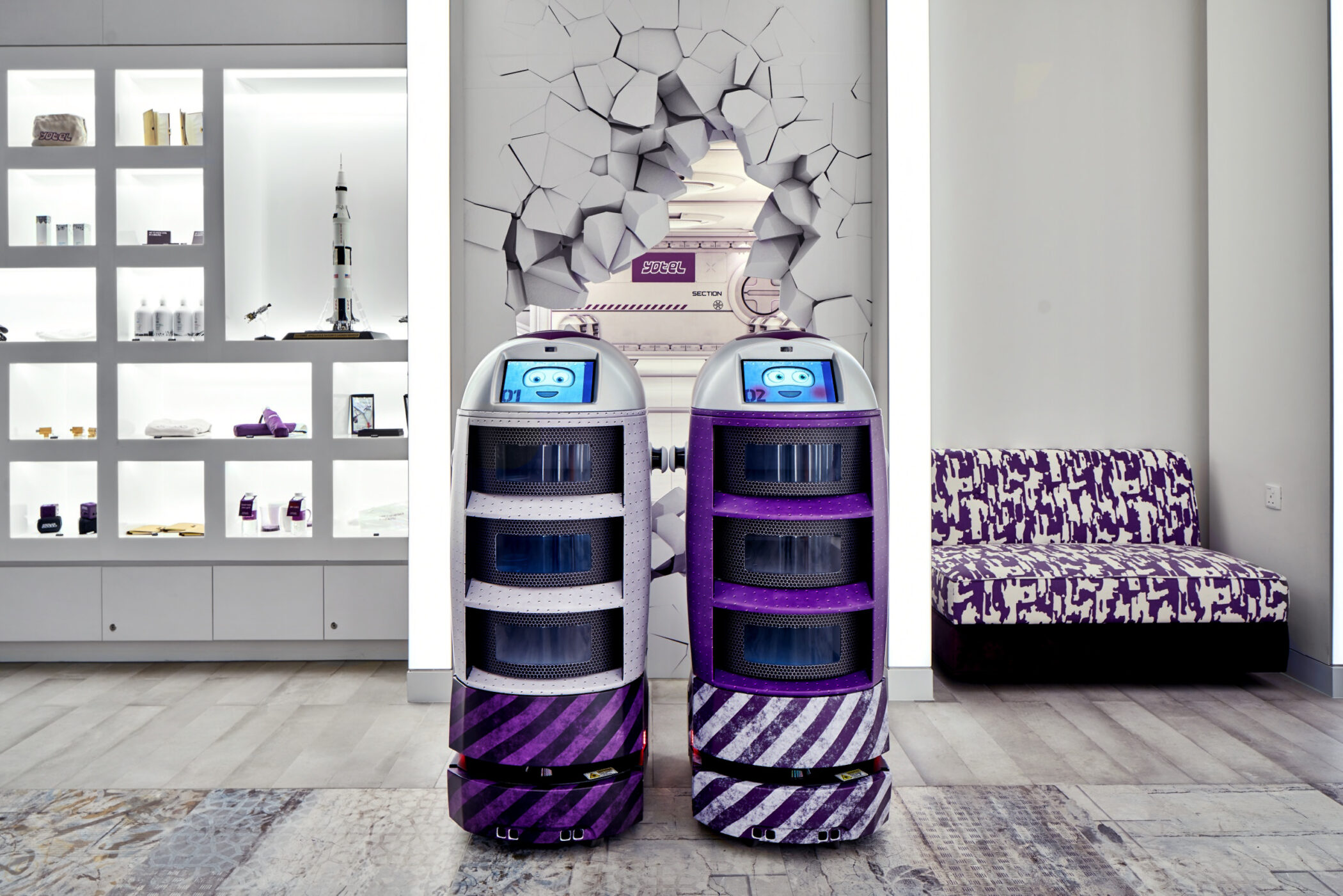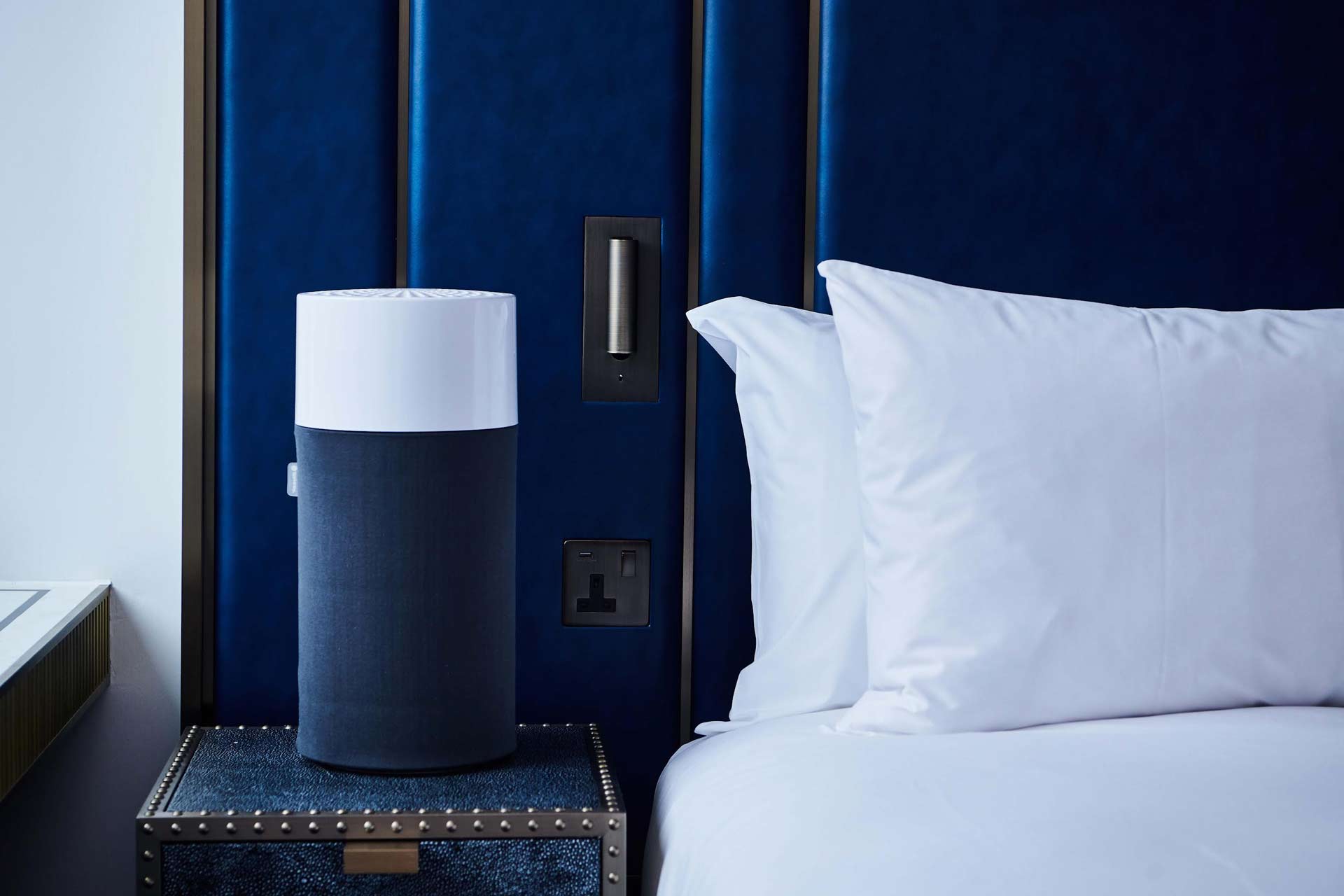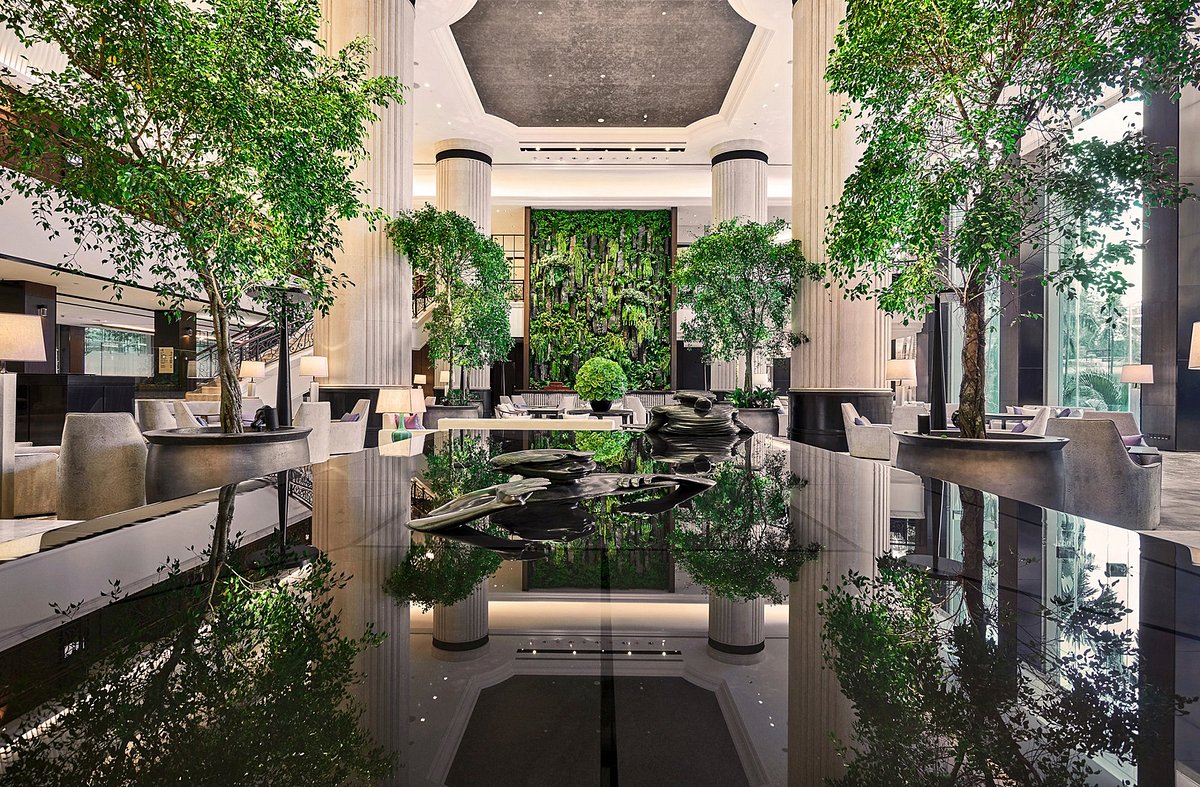
Clean, Efficient, Safe: The Era of Self-Cleaning Accommodations
Among the myriad of advancements, one trend stands out as both revolutionary and timely: self-cleaning accommodations. Driven by heightened hygiene awareness and a global push towards sustainability, these automated solutions are reshaping the way travelers experience hotels and rentals.
The Shift Towards Automation
The demand for cleanliness has surged since the COVID-19 pandemic, propelling hospitality providers to explore technological solutions to meet guest expectations. Self-cleaning accommodations use advanced technologies like ultraviolet (UV-C) light, antimicrobial surfaces, and robotic cleaning systems to ensure spaces remain hygienic with minimal human intervention. This shift not only improves safety standards but also enhances operational efficiency - a win-win for both guests and hoteliers.
A notable example is YOTEL, a hotel chain renowned for its high-tech approach to hospitality. At its New York City location, guests encounter a robotic concierge and luggage storage system, but behind the scenes, rooms are equipped with antimicrobial surfaces that reduce the need for chemical cleaning. Meanwhile, other properties, such as the Henn-na Hotel in Japan, employ cleaning robots capable of sterilizing entire rooms using UV-C light, ensuring every corner is spotless.

(GlobeTrender)
Practical Applications Across the Globe
Leading the charge in Europe, Nordic Choice Hotels has embraced self-cleaning technology by integrating photocatalytic coatings on high-touch surfaces like elevator buttons and door handles. These coatings, activated by light, break down bacteria and viruses, offering continuous protection. Similarly, in the United States, Marriott has partnered with Diversey, a global leader in hygiene solutions, to introduce electrostatic sprayers and air-purifying systems in its properties.
Beyond hotels, self-cleaning innovations are finding their way into short-term rental properties and co-living spaces. Platforms like Airbnb are seeing an uptick in hosts leveraging smart cleaning technologies to attract health-conscious travelers. For instance, some rentals now feature smart vacuums, automated air filtration systems, and self-sanitizing bathrooms - offering guests peace of mind and an elevated experience.

(Sleeper Magazine)
Sustainability at the Core
The environmental benefits of self-cleaning accommodations cannot be overlooked. Traditional cleaning methods often rely on harsh chemicals and generate significant waste. In contrast, automated solutions reduce chemical usage and water consumption, aligning with global sustainability goals. Antimicrobial coatings, for instance, require minimal maintenance and last for years, cutting down on resources typically expended in routine cleaning.
Hotels like the Hilton Singapore Orchard exemplify this commitment to green hospitality. The property utilizes eco-friendly self-cleaning solutions, which not only reduce its carbon footprint but also appeal to eco-conscious guests seeking sustainable travel options.

(TripAdvisor)
A Safe and Hygienic Future
As self-cleaning technologies become more accessible, the potential for industry-wide adoption grows. However, challenges remain - from initial investment costs to ensuring these systems meet rigorous safety standards. Despite these hurdles, the benefits are undeniable. Automated cleaning technologies safeguard health, streamline operations, and promote environmental responsibility, setting a new benchmark for modern hospitality.
In this era of heightened expectations, self-cleaning accommodations represent a paradigm shift. For travelers, they promise an elevated sense of comfort and security. For industry leaders, they offer a pathway to cleaner, more efficient, and sustainable operations. As this transformation unfolds, one thing is clear: The future of hospitality is clean, efficient, and safe.